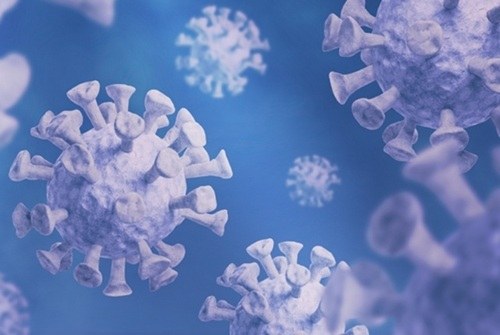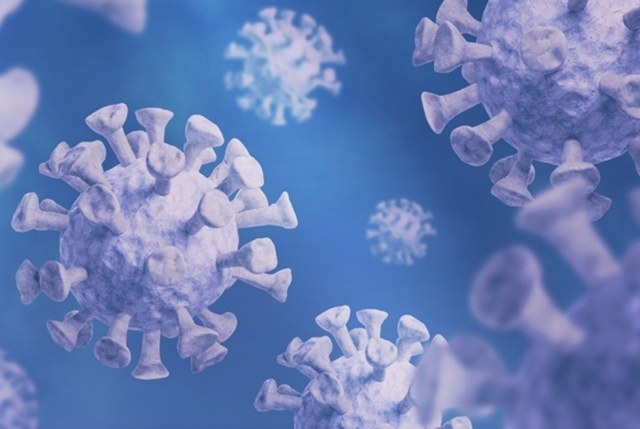A research team led by researchers from the University of Bologna has developed an innovative calorimetric method to analyse the activity and inhibition of 3CLpro, a key enzyme for the replication of the SARS-CoV-2 coronavirus. The results of the study - published in Scientific Reports - may facilitate the development of new molecules to combat not just COVID-19, but also diseases caused by other viruses.
"This new method applied to antiviral research allows us to understand in greater detail the mechanism of action of inhibitors that fight the activity of viruses and to assess their efficacy with precision," explains Stefano Ciurli, professor at the Department of Pharmacy and Biotechnology at the University of Bologna, who coordinated the study. "Furthermore, this result paves the way for new research into more effective treatments and new drugs, not just against SARS-CoV-2, but also against other pathogens such as the Dengue and West Nile viruses, which cause rapidly expanding diseases across the country and region.”
The 3CLpro enzyme plays a key role in the replicative cycle of the SARS-CoV-2 coronavirus. Being able to block its action through the use of specific inhibitors makes it possible to control the viral infection and develop new therapies. Researchers have focused in particular on the Ensitrelvir inhibitor, whose use as an emergency antiviral therapy against COVID-19 was approved in Japan in November 2022. And they did so using Isothermal Titration Calorimetry (ITC) for the very first time.
Crystallographic structure of the 3CLpro enzyme from SARS-CoV-2 inhibited with Ensitrelvir
"Until now, the study of 3CLpro relied on methods based on fluorescence (FRET) or mass spectrometry (LC-MS), but these have limitations and can lead to errors or misinterpretation of the data," says Luca Mazzei, an assistant professor at the Department of Pharmacy and Biotechnology at the University of Bologna and first author of the study. "On the other hand, ITC microcalorimetry measurements have made it possible to accurately determine the functioning of 3CLpro and the mechanisms of its inhibition by measuring the heat developed by the enzymatic reaction."
The new approach devised by the scientists allow precise and accurate measurements of 3CLpro's key enzymatic parameters, as well making it possible to study the action of the Ensitrelvir inhibitor.
"Using the calorimetric approach, we found that Ensitrelvir acts as a two-stage inhibitor: a fast initial phase is followed by a slower second phase, during which the inhibitor binds the enzyme more strongly by adapting its structure to that of the receptor," confirms Professor Ciurli. "Through this mechanism, the drug acts with high potency and efficacy."
The study was published in the journal Scientific Reports with the title "An isothermal calorimetry assay for determining steady state kinetic and Ensitrelvir inhibition parameters for SARS-CoV-2 3CL-protease". Participants included Luca Mazzei, Sofia Ranieri, Davide Silvestri and Stefano Ciurli from the Department of Pharmacy and Biotechnology at the University of Bologna, together with Rebecca Greene-Cramer, Christopher Cioffi and Gaetano T. Montelione from the Rensselaer Polytechnic Institute (USA).



